Digital Society - Algorithms & Computing Devices
1/45
There's no tags or description
Looks like no tags are added yet.
Name | Mastery | Learn | Test | Matching | Spaced | Call with Kai |
|---|
No study sessions yet.
46 Terms
quantum computing
computers use qubits, which use superposition - instead of being on or off, they can be both on and off or somewhere in between. they are much more efficient at problem solving
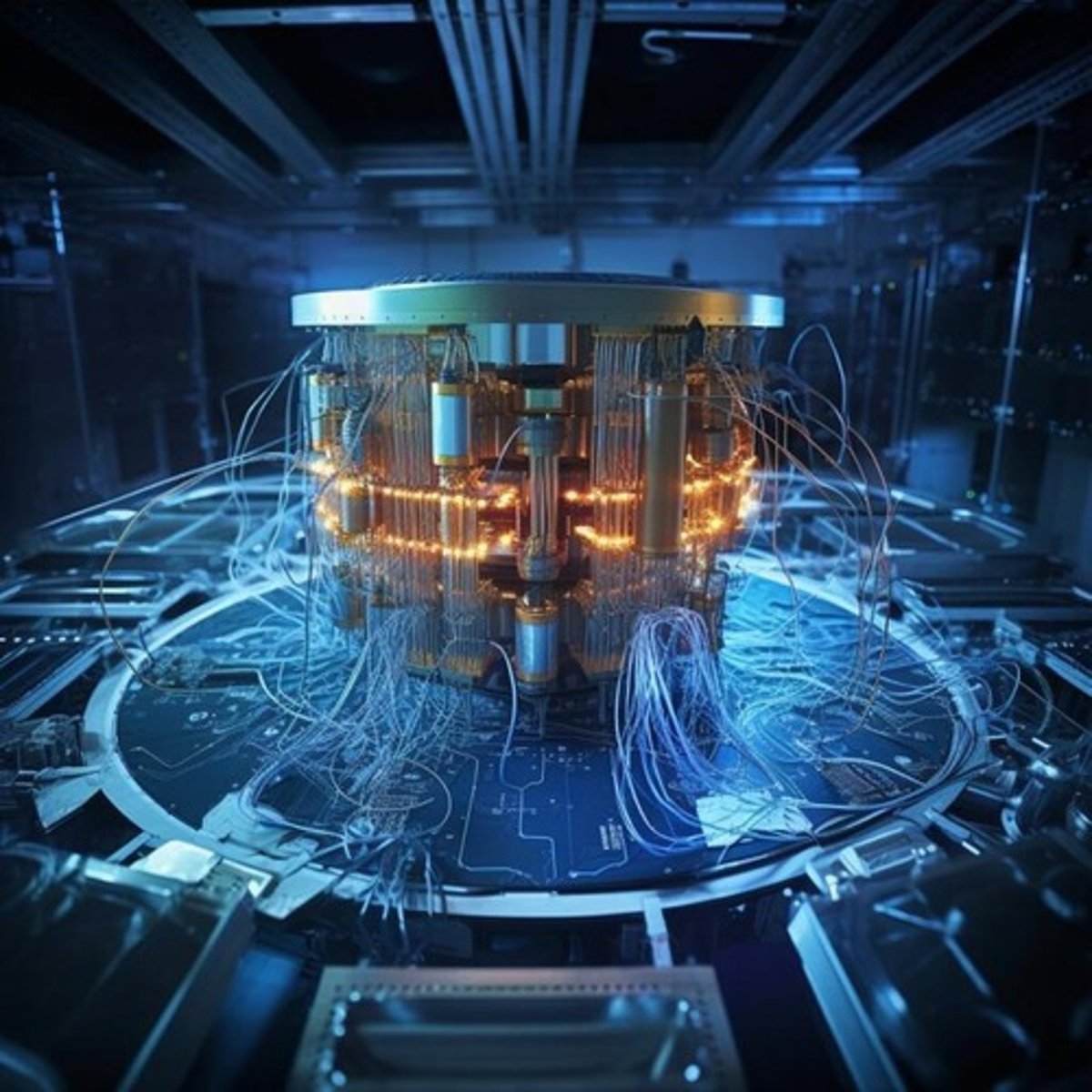
fifth generation computing
AI; 2010 - present

fourth generation computing
microprocessors; 1971-2010
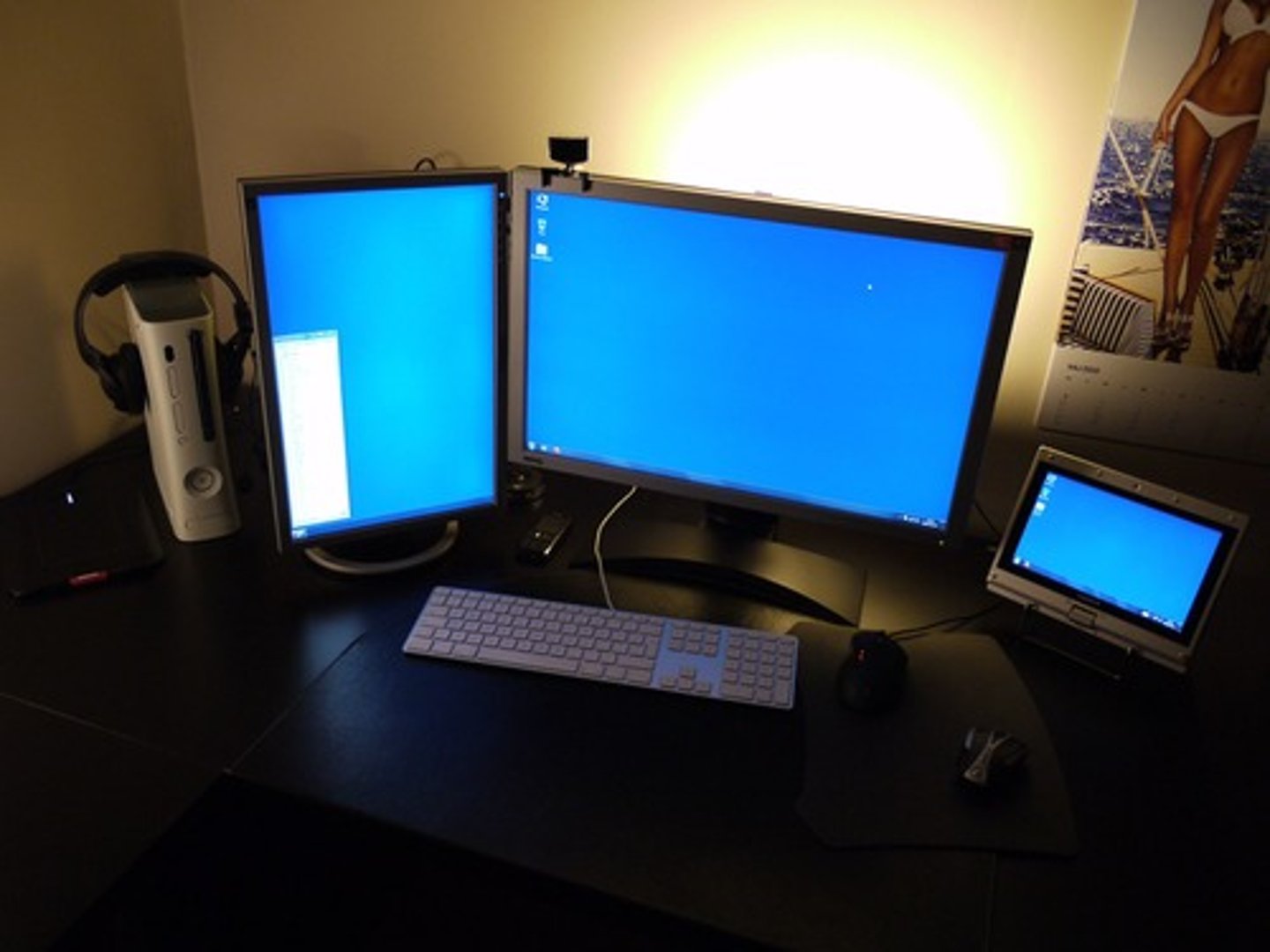
third generation computing
integrated circuits; 1964-1971
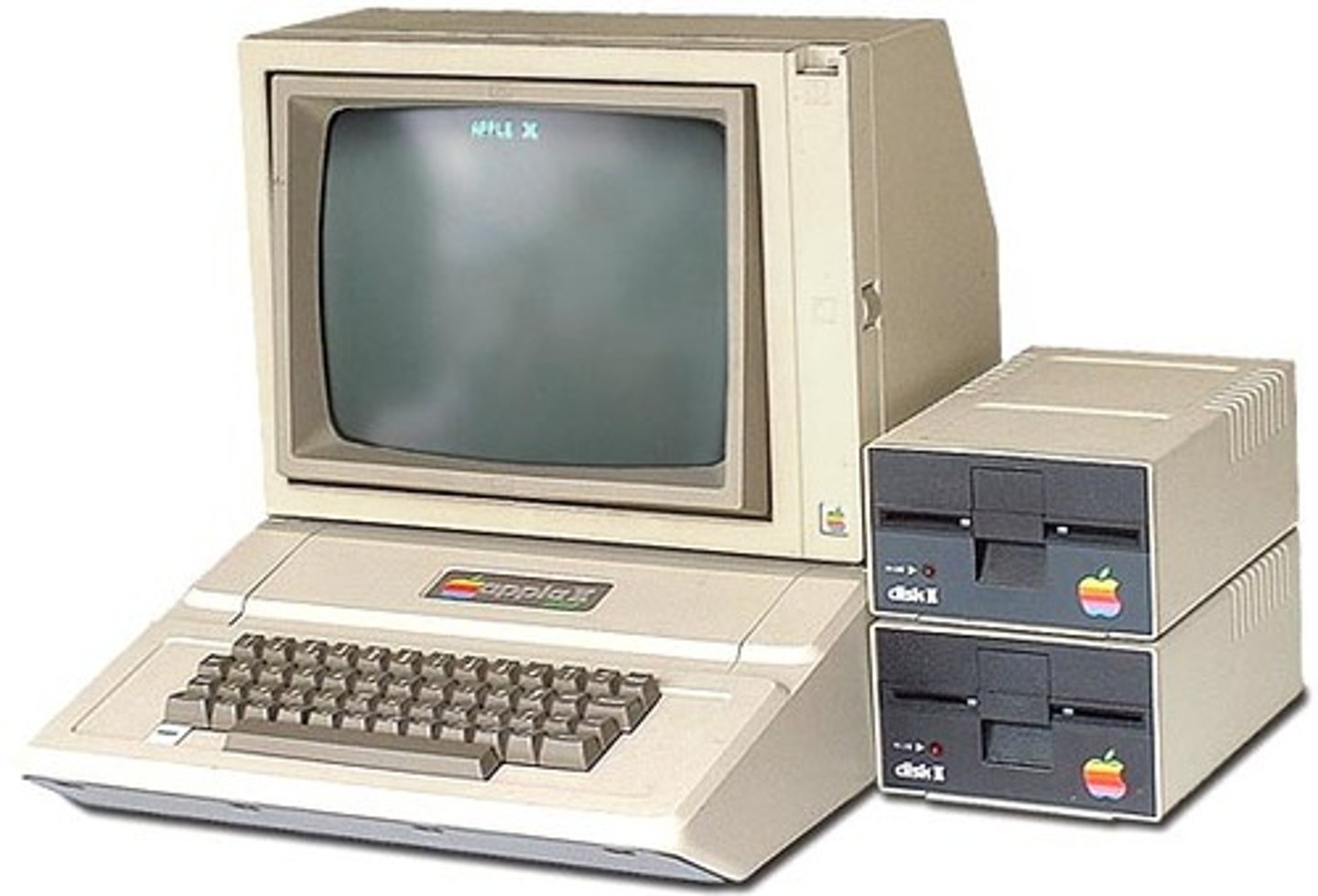
second generation computing
transistors; 1956-63
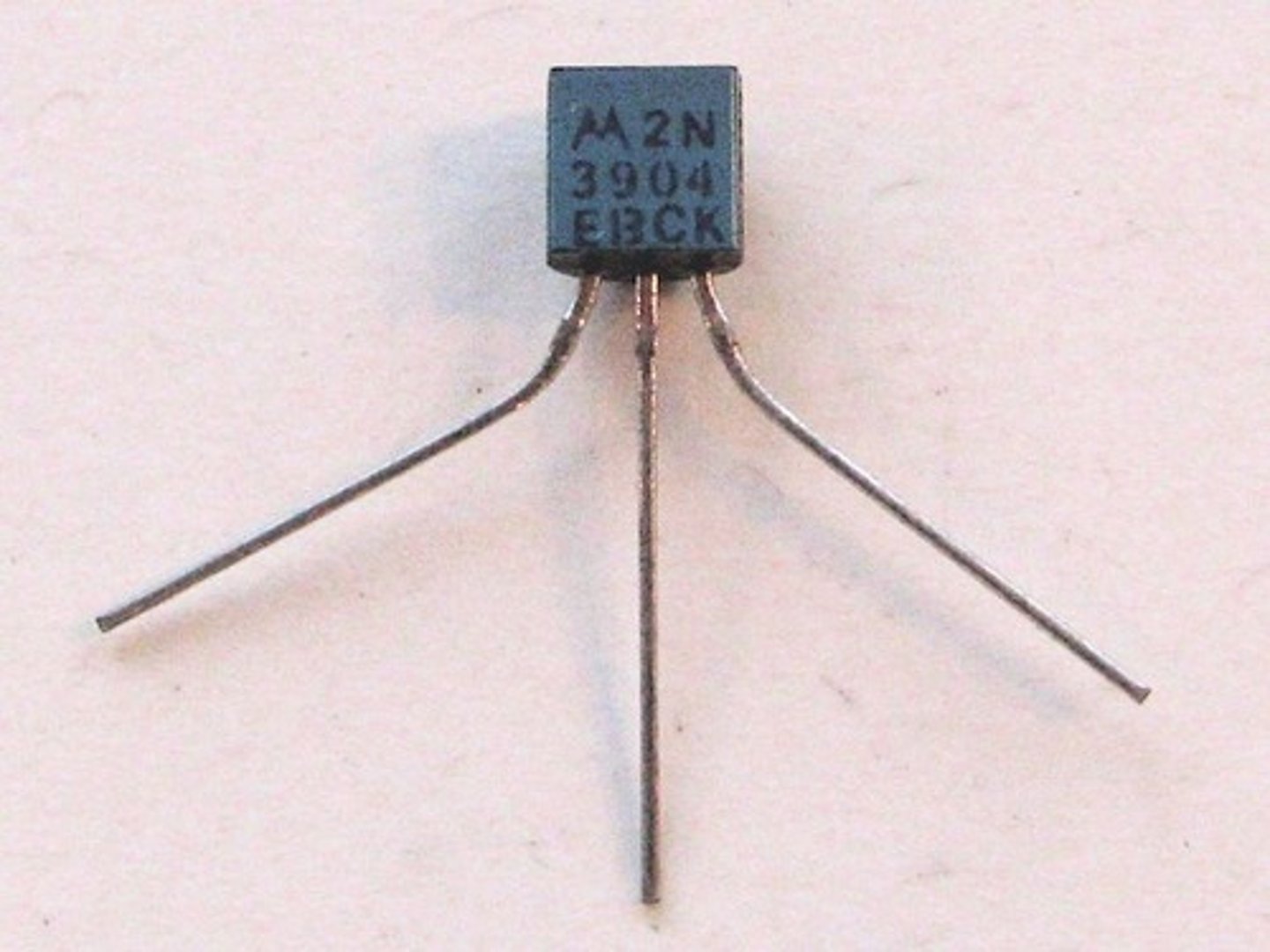
first generation computing
vacuum tubes; 1940-1946
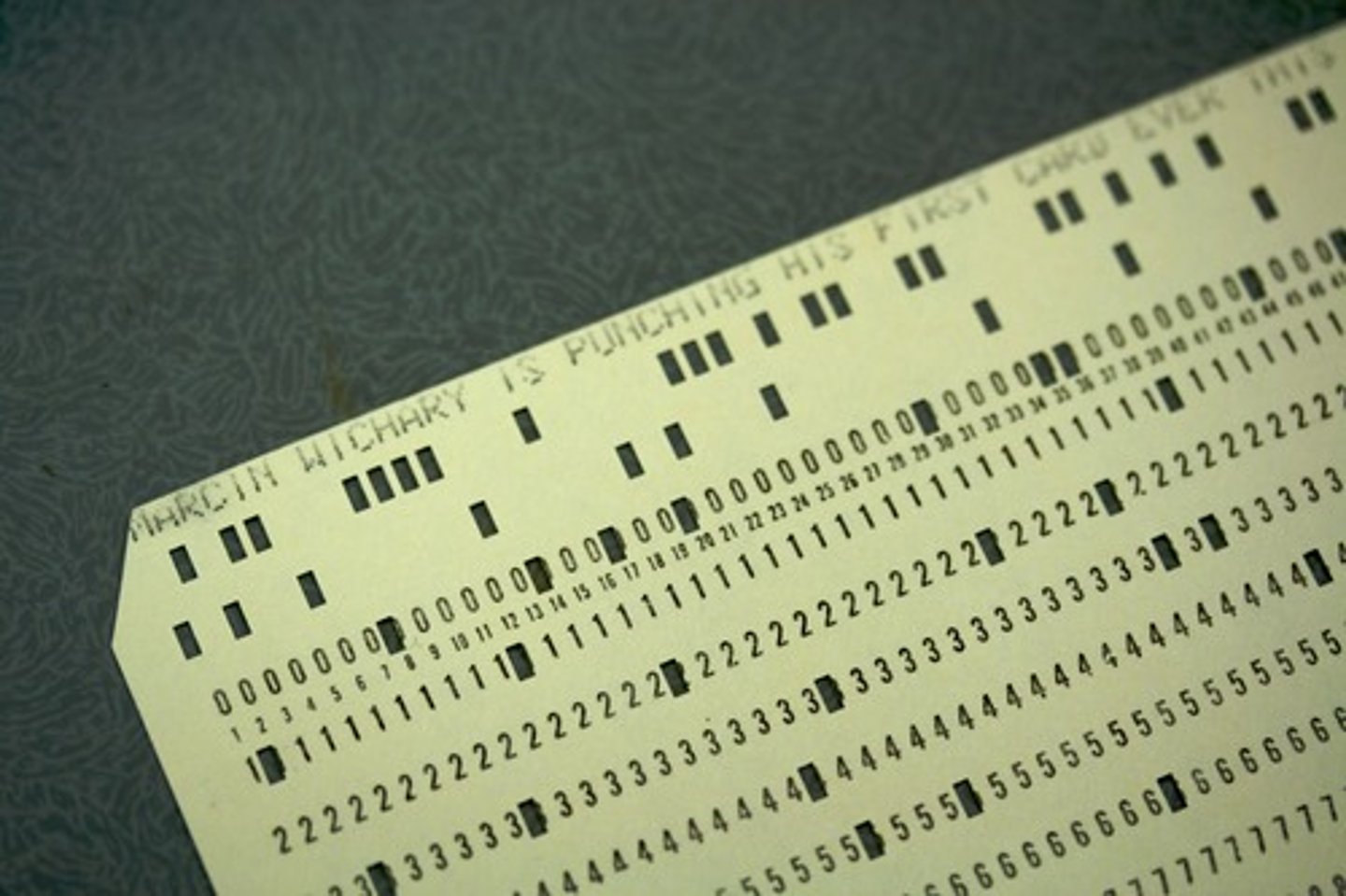
compiler
a program that translates the code in the source language into object code in binary and stores the program in a file.
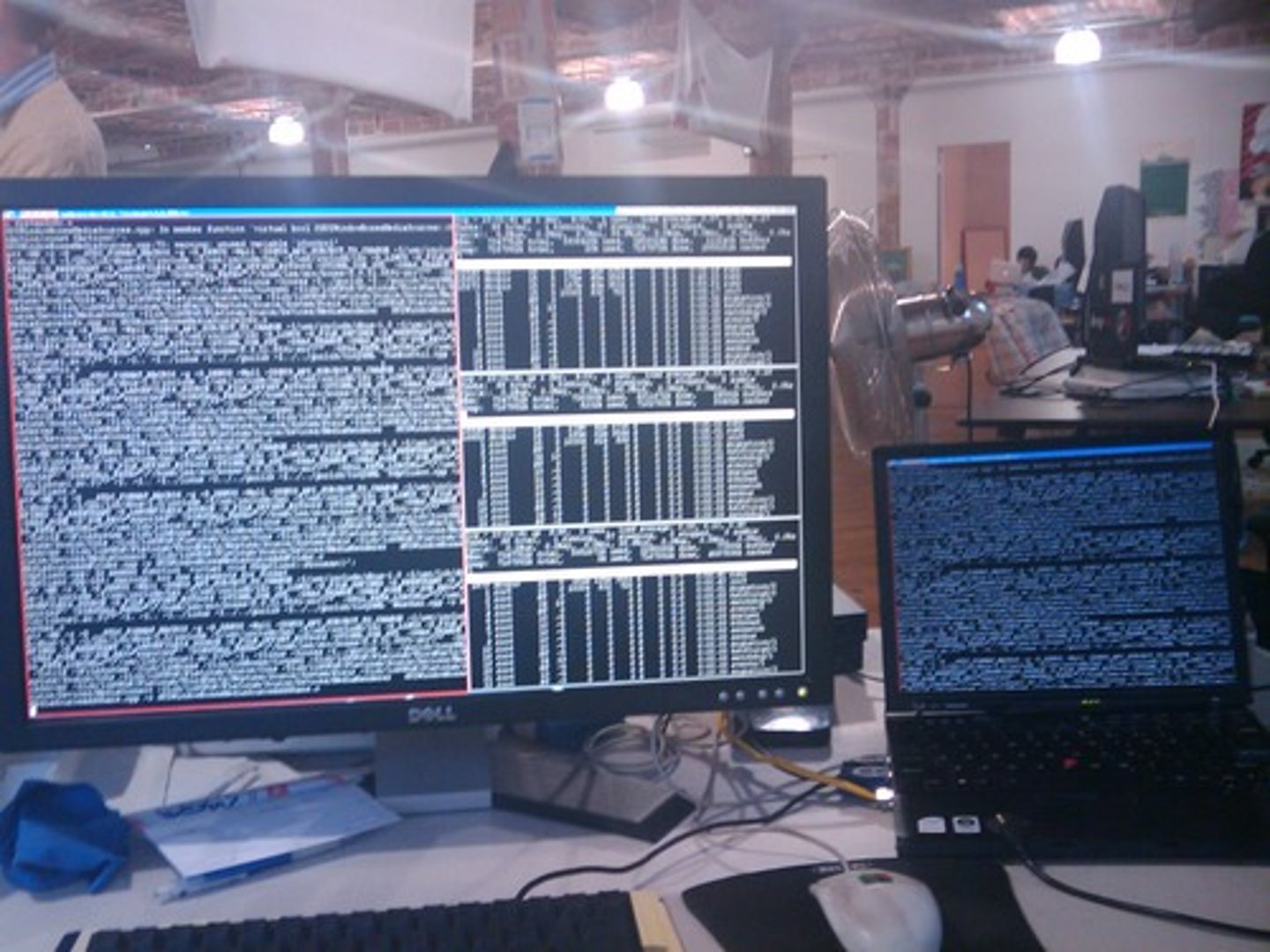
assembly language
used by programmers to write code for special software or so that a task can be performed very quickly
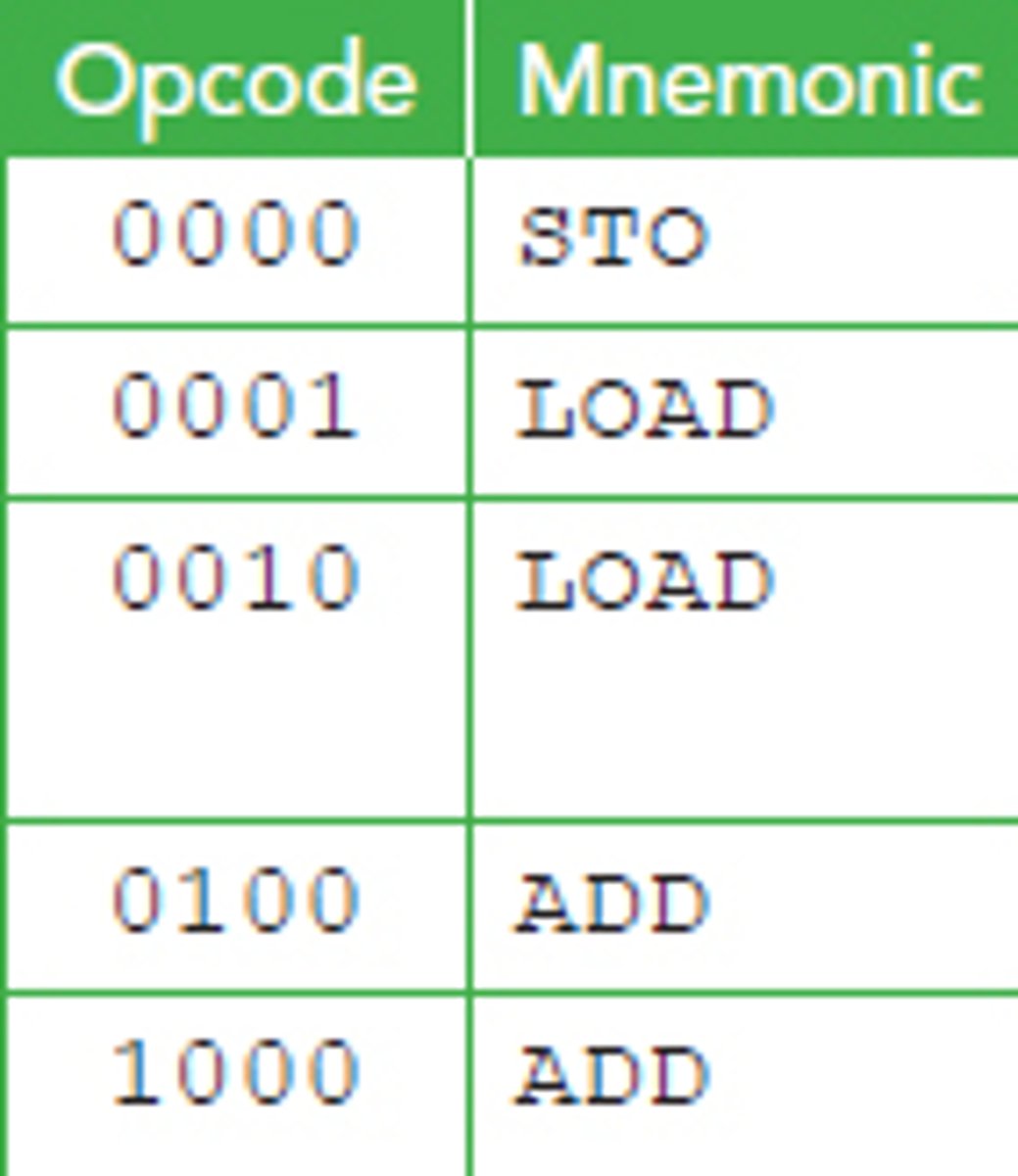
machine or object code
written in binary (0s and 1s) or hexadecimal instructions that the computer can respond to directly.
high-level language
algorithms are represented by code, designed for programmers and written in a language close to a human language.
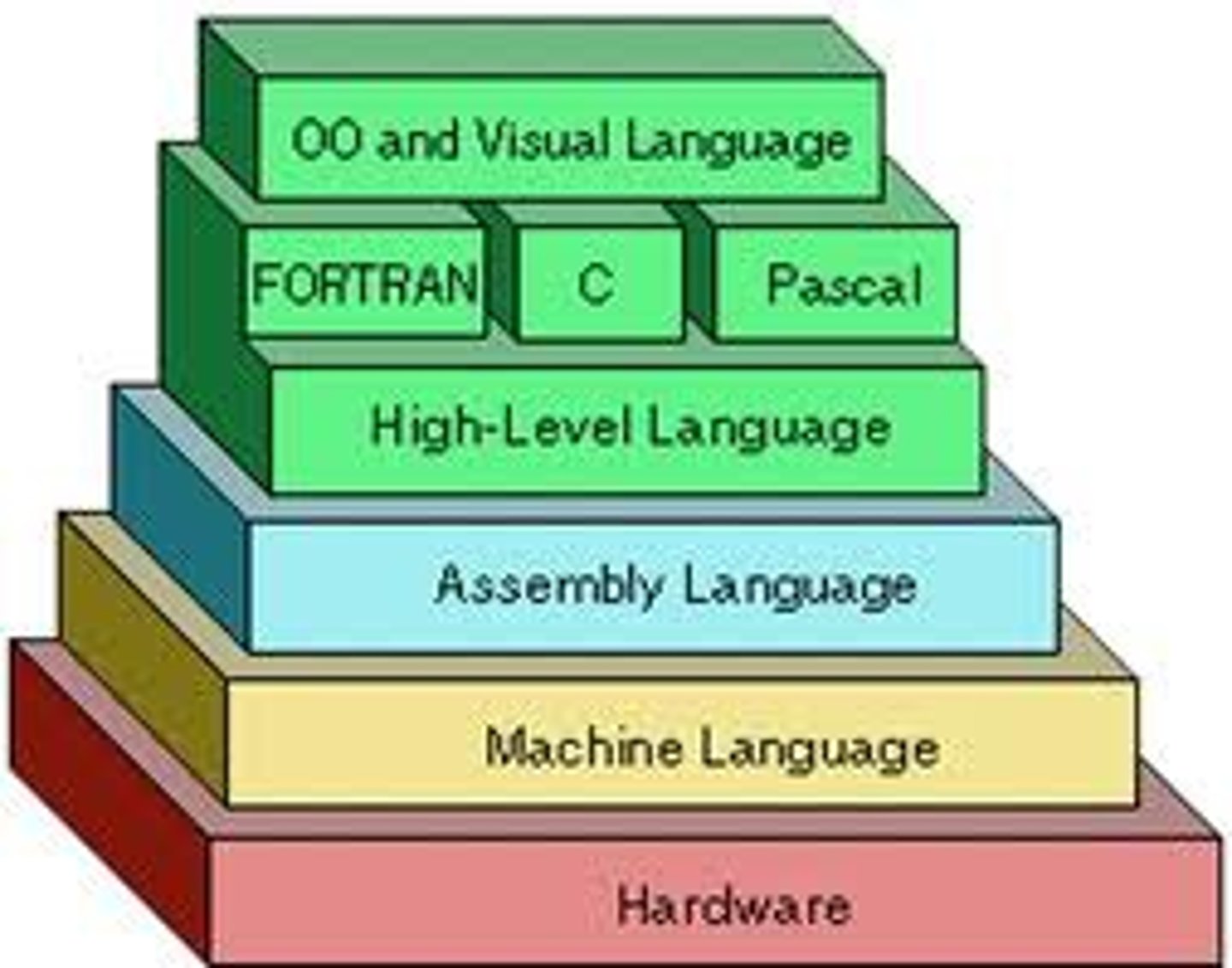
proprietary software
copyrighted and often downloaded after paying for a license or subscription. In return for payment, users can expect updates and help from the company.
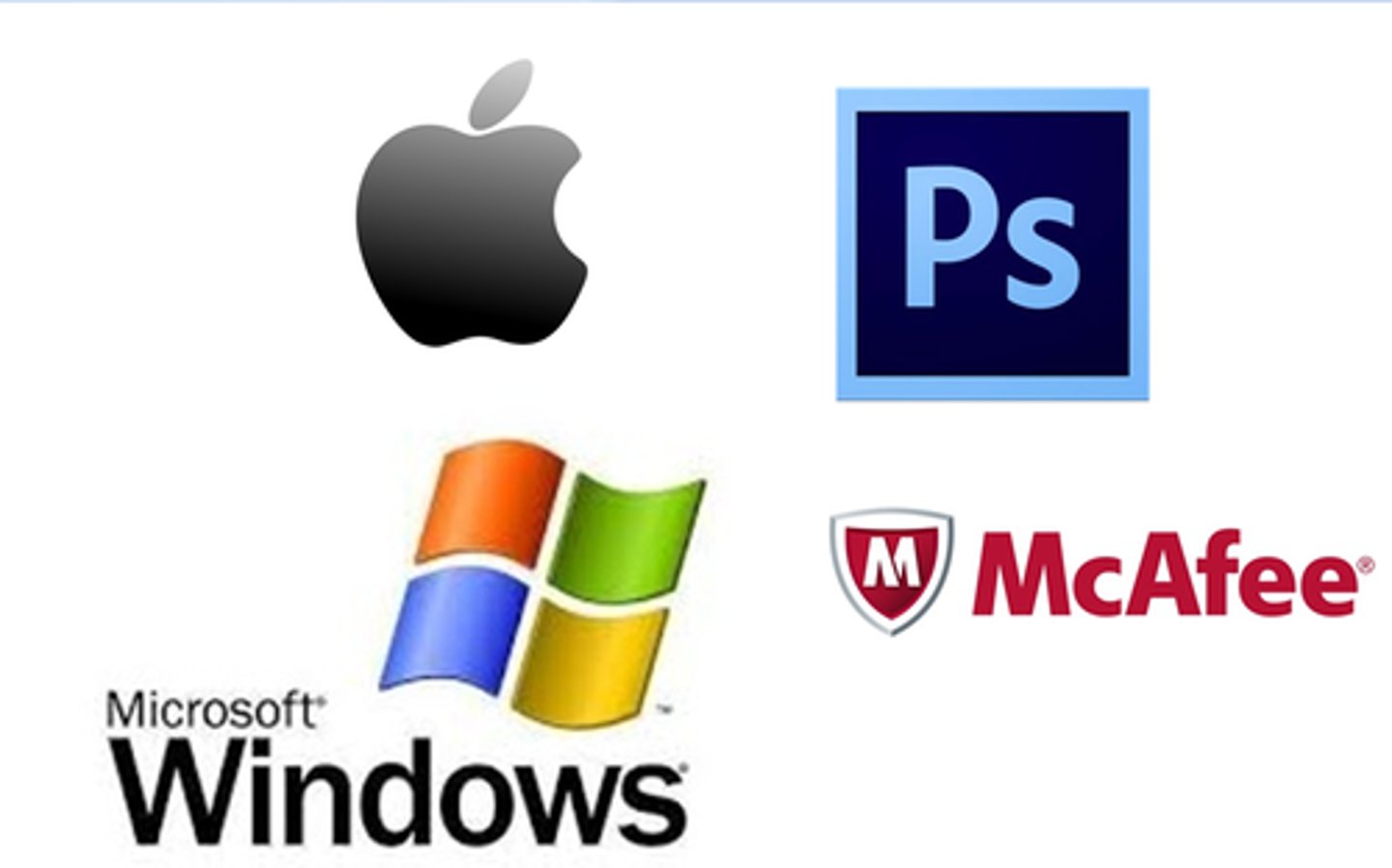
open-source software
free of charge and copyright, allowing the source code to be modified, often by an open-source community
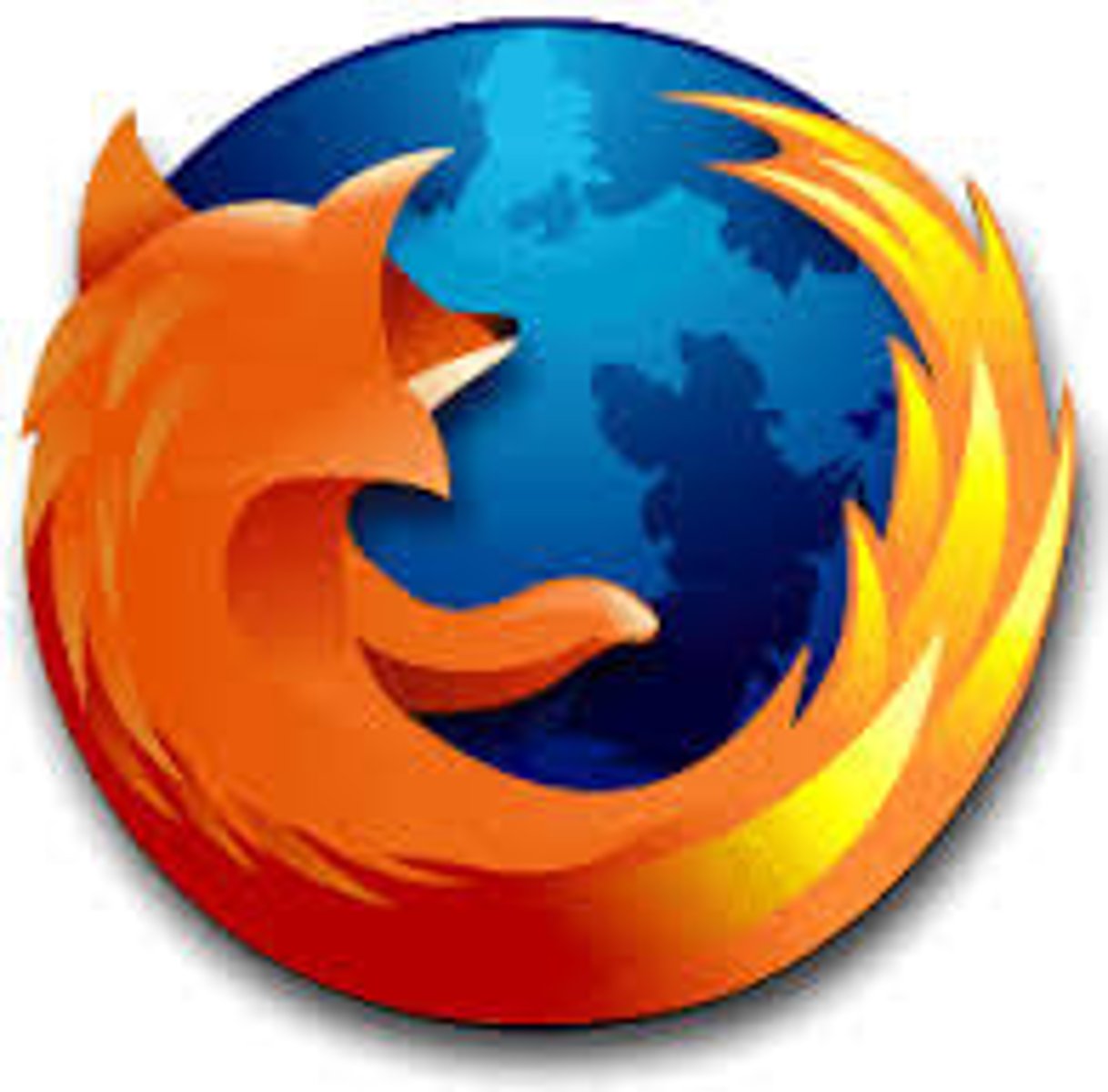
malware
software designed to steal data or damage computer/IT systems

applications software
serves a specific purpose such as a word processor or video editor

utility software
designed to perform specific useful tasks that either heop to analyze, configure or maintain the computer

haptic interface
allows the user to interact with a device through body sensations and movements
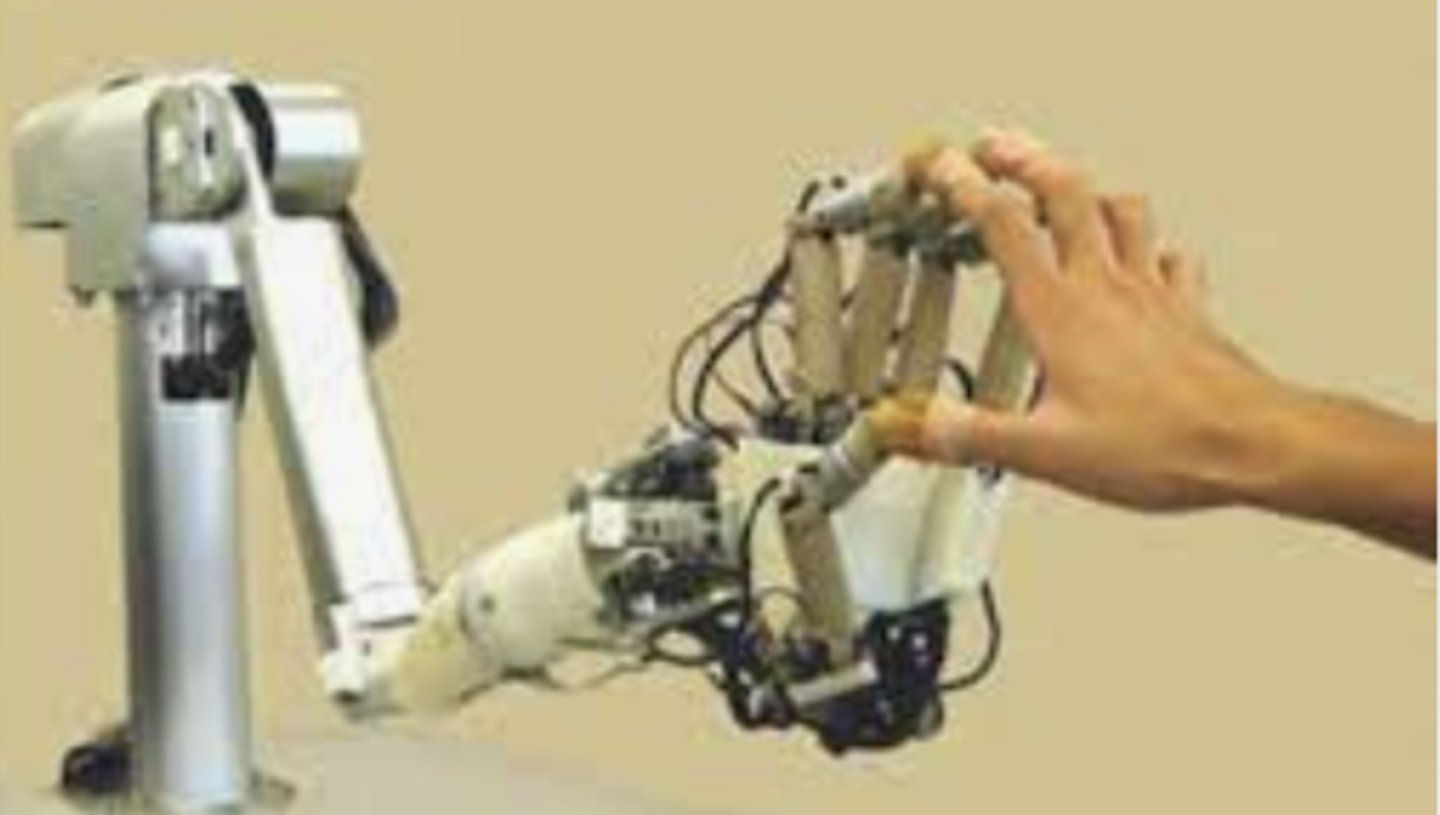
GUI
an interface that allows the user to select icons, folders, etc by clicking on them
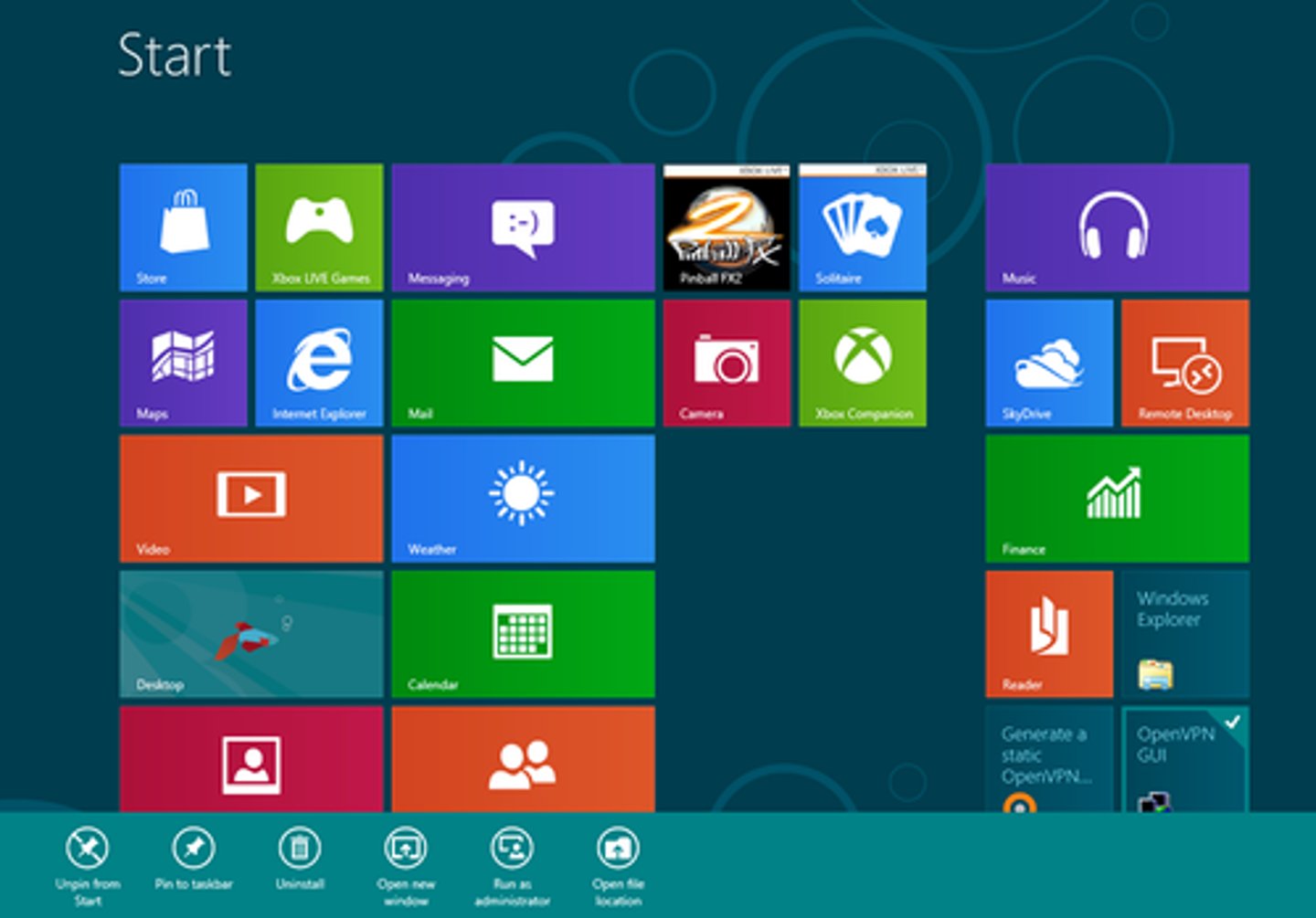
user interface
the means by which human users interact with a digital technology, with the intention of making a user's experience straight forward and intuitive.

operating system
software that manages the hardware, software and memory of a commputer as well as providing a user interface
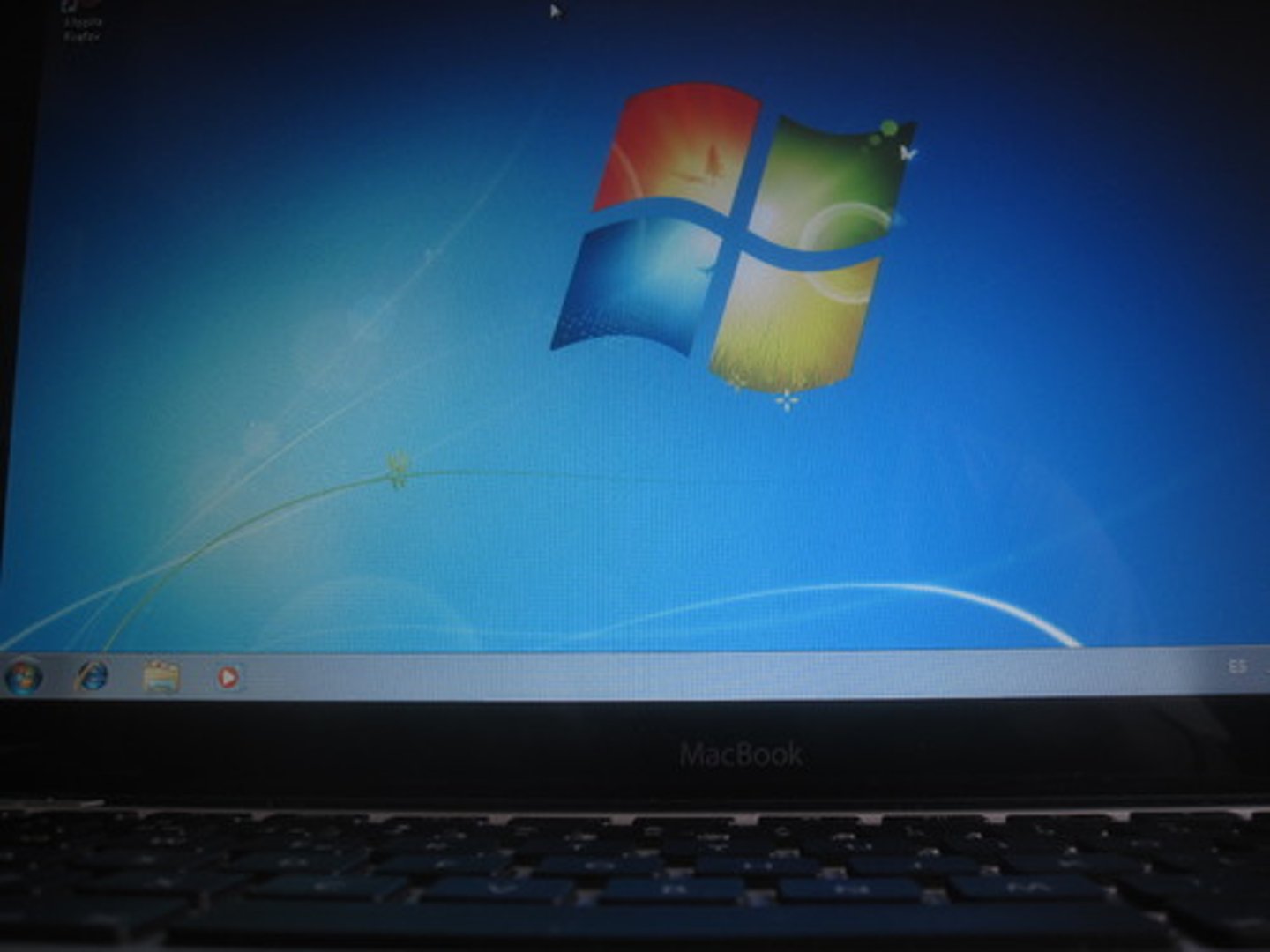
secondary storage
a non-volatitle, long-term memory, used to store programs and data until they are required

RAM
short term memory where data is stored temporarily while it is being processed or viewed on screen
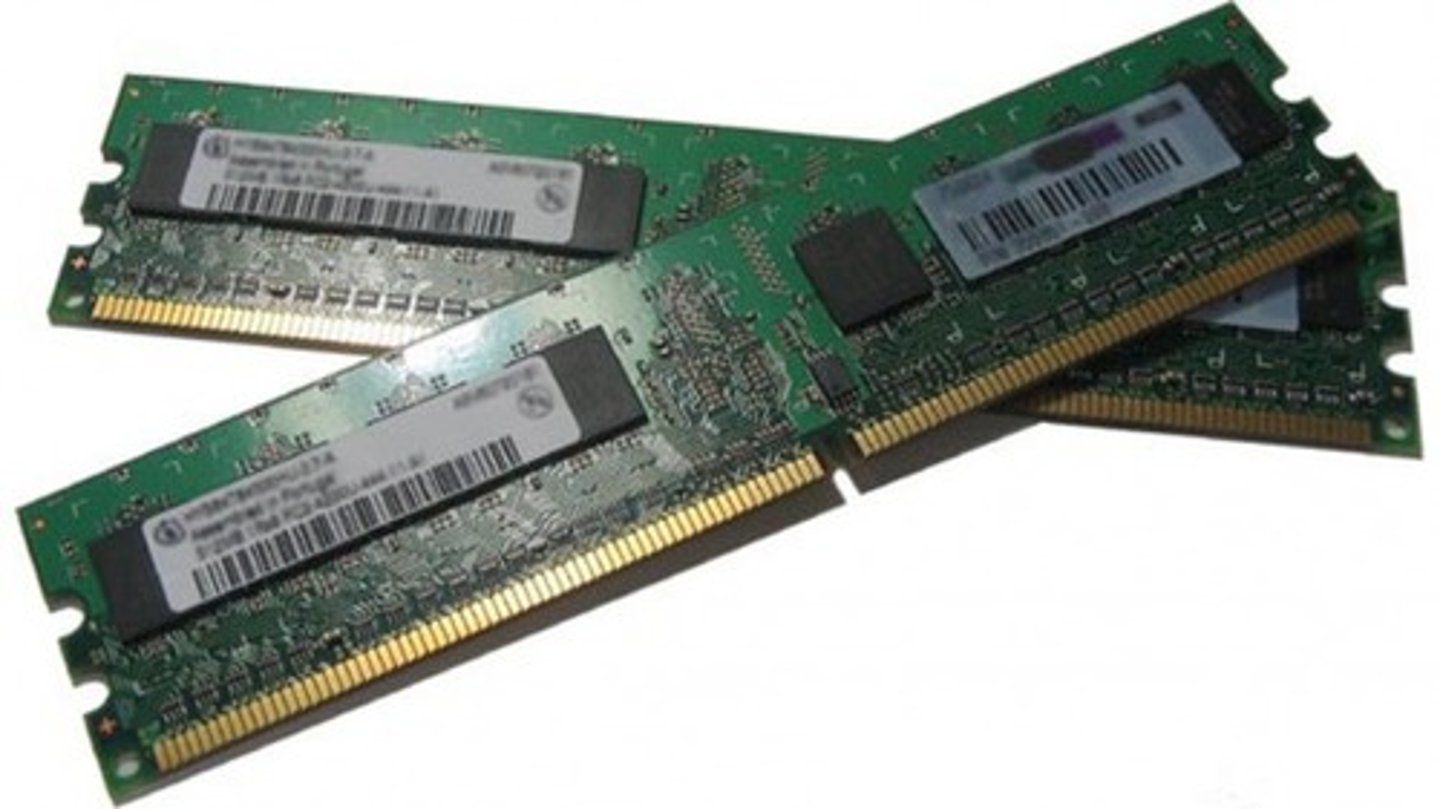
cache
the small amount of memory built into the CPU that stores data while it's being processed

motherboard
a circuit board that allows data to travel to the different components in a computer
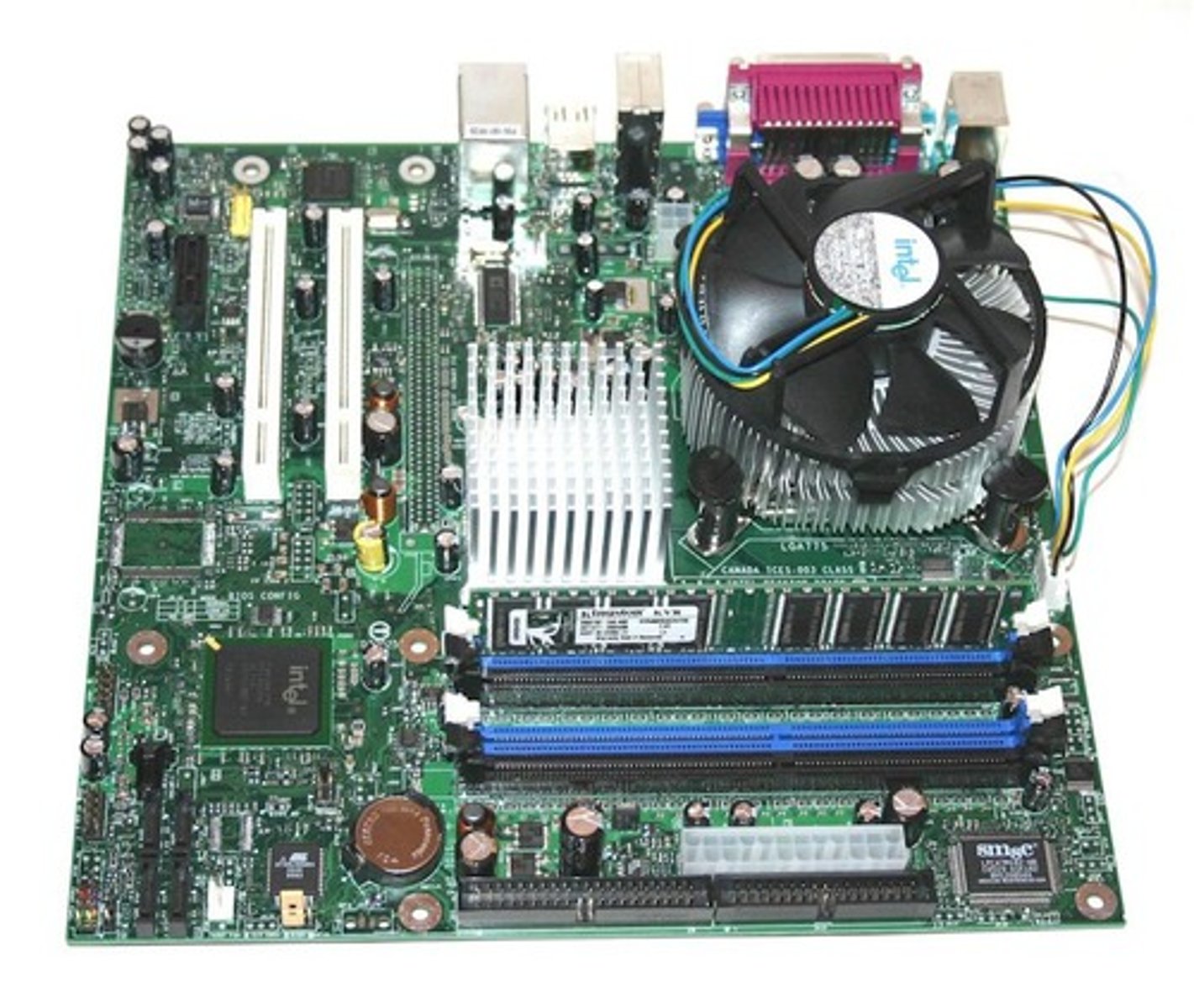
CPU
The part of a computer that carries out and controls the computer's instructions
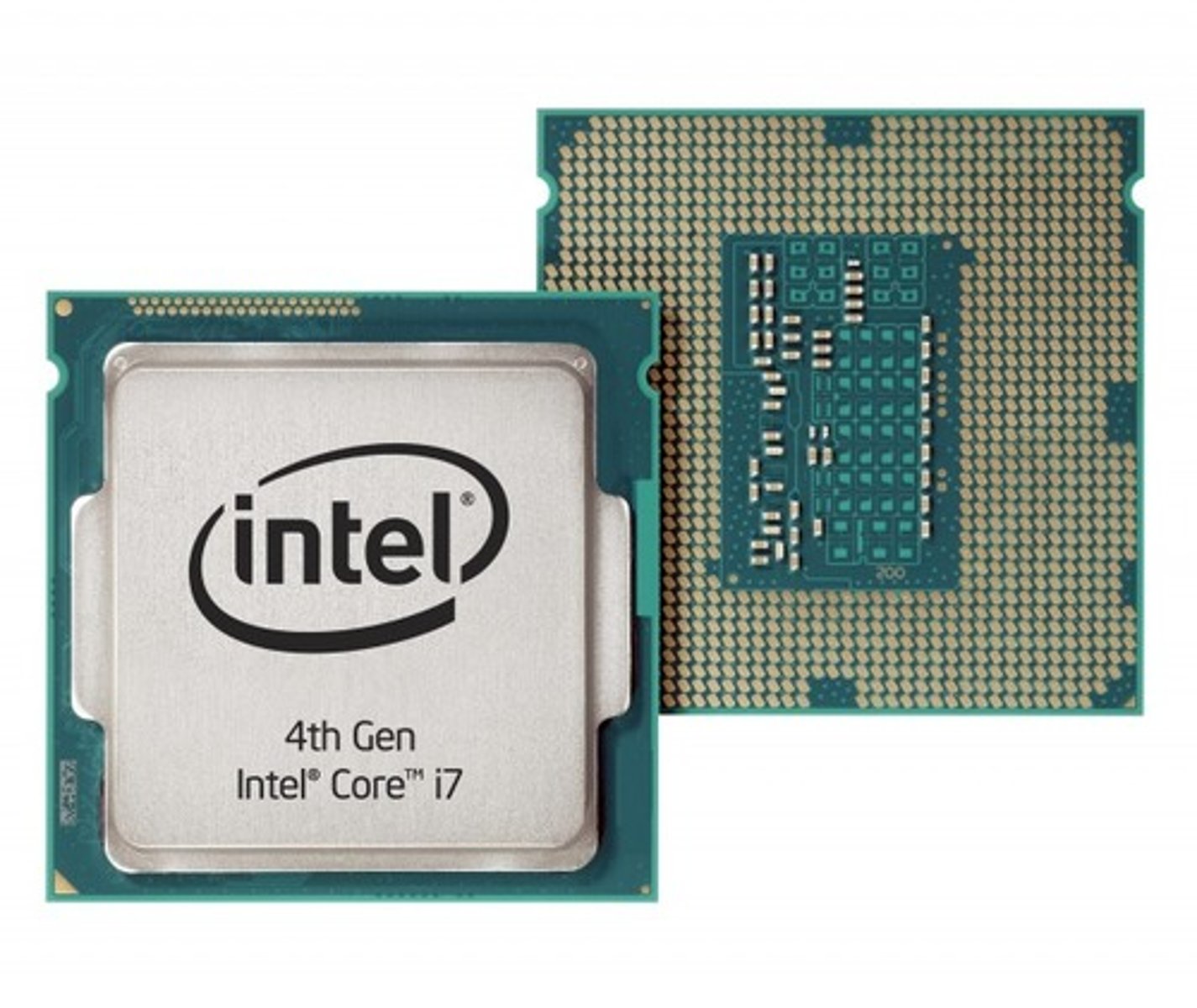
server
a large computer dedicated to managing network resources. They can use specialized server hardware or can be a regular computer with a specific operating system capable of managing network resources
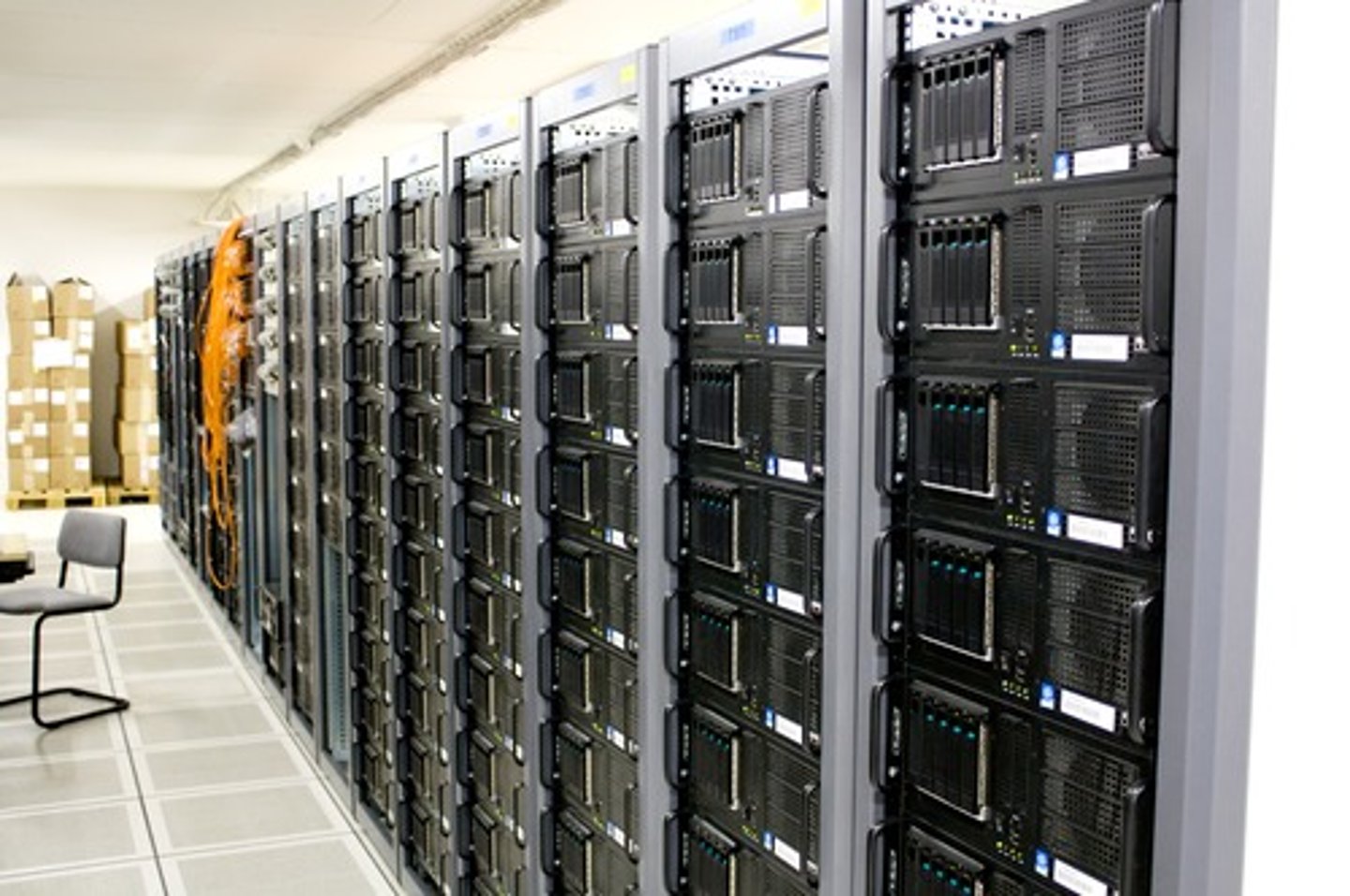
mainframe
a large computer used by businesses to host databases, servers used for transactions and business applications. They require high-level security measures
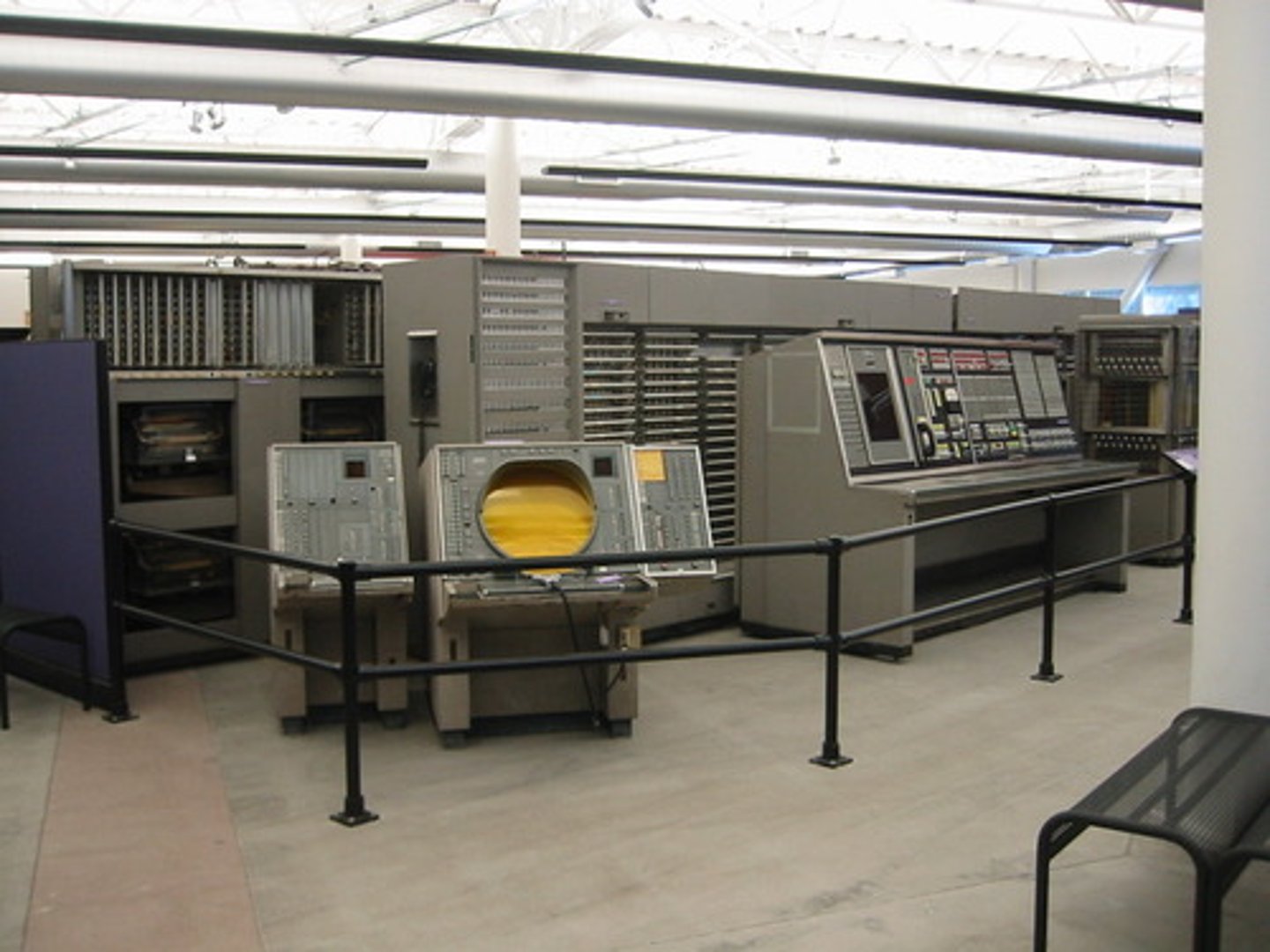
ergonomic design
designing products and systems so that they meet the physical and emotional needs of the user

Moore's law
the number of transistors in a dense integrated circuit doubles every two years
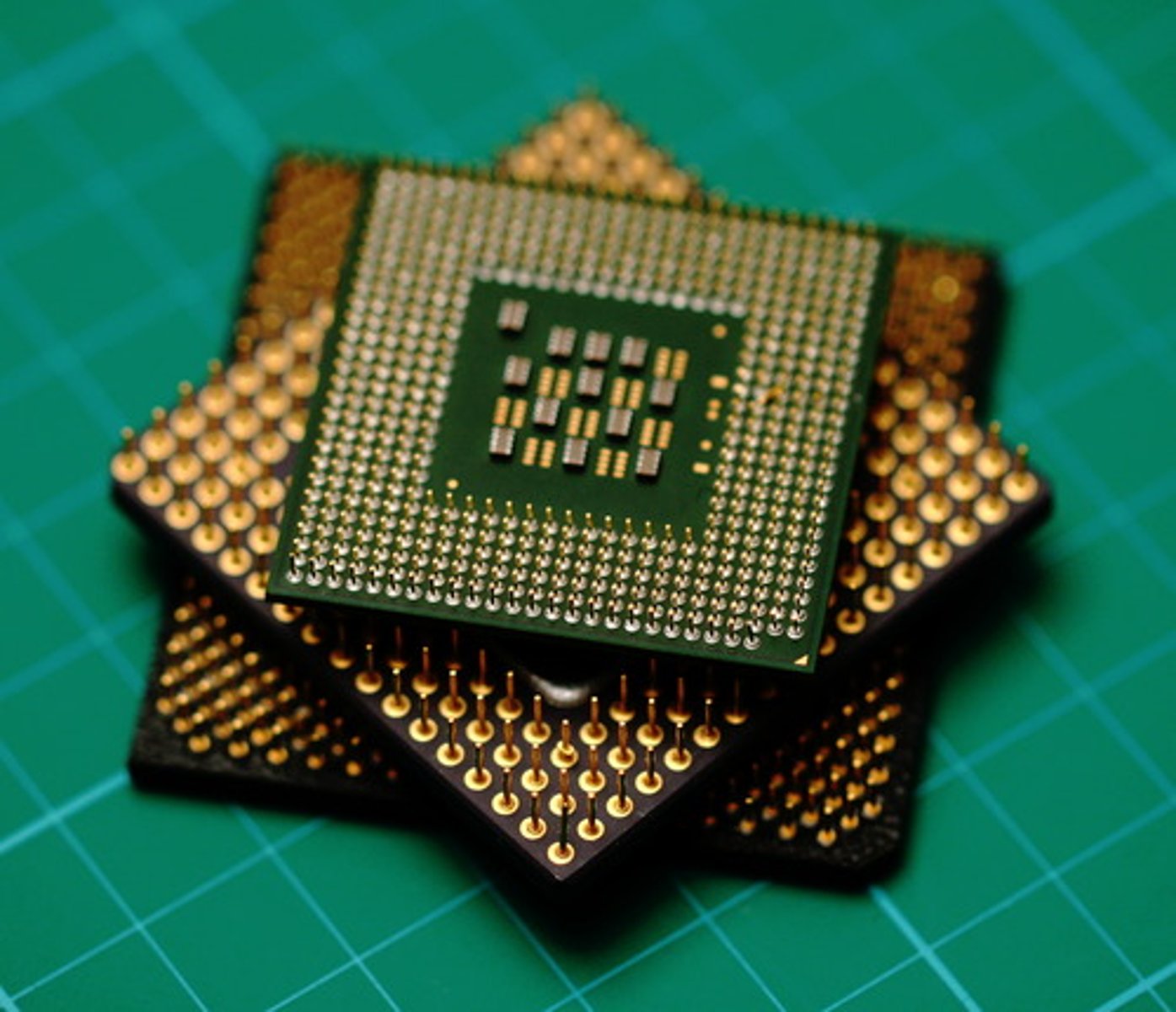
personal computer (PC)
A general purpose computer designed for individual use
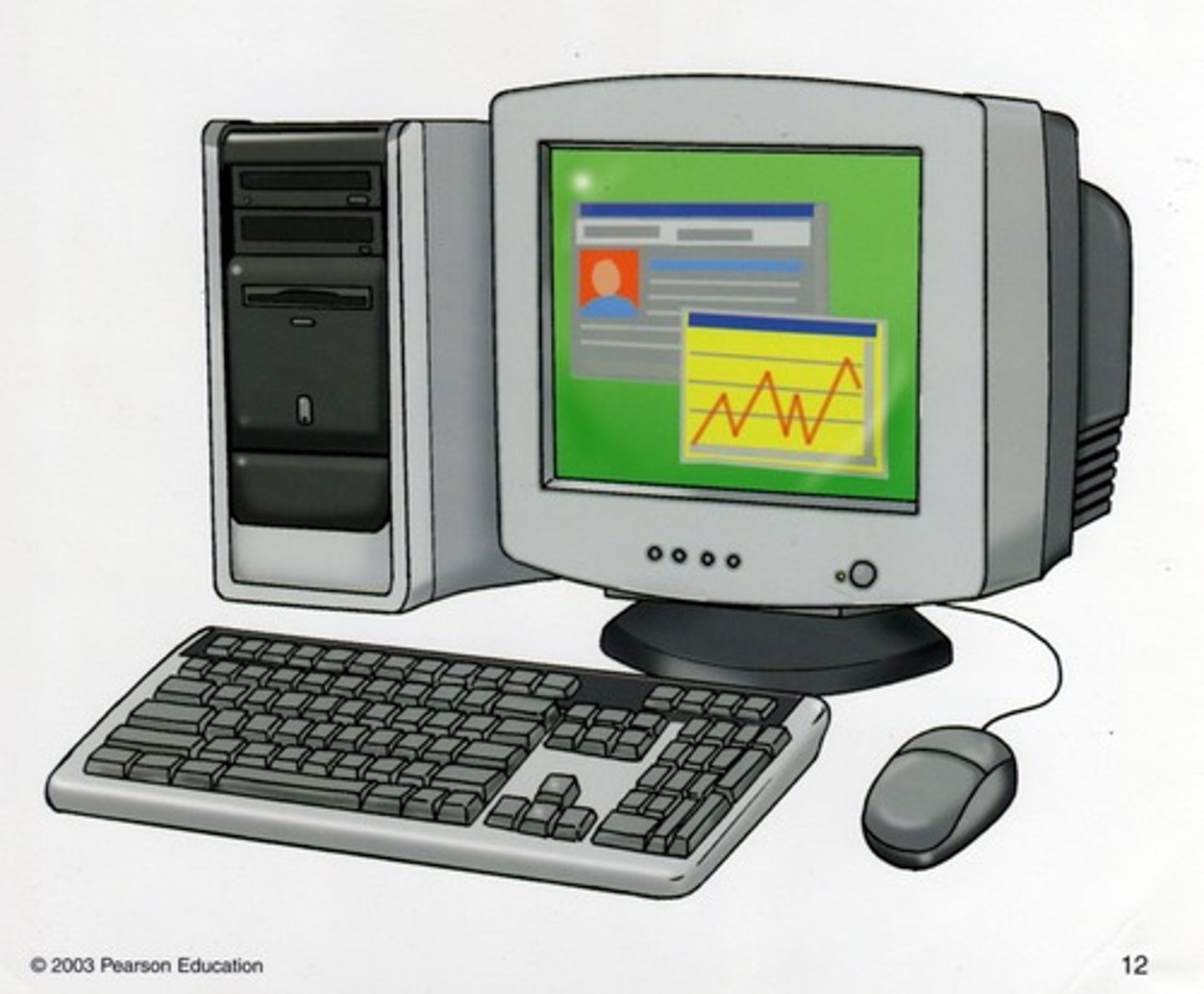
embedded computer
a combination of hardware and software designed to perform a specific task and incorporated into an electronic or mechanical system

computer
a machine or device that process data, performs calculations and conducts operations based on algorithms provided by software and hardware programs. It can input data, process it, store it and produce an output.
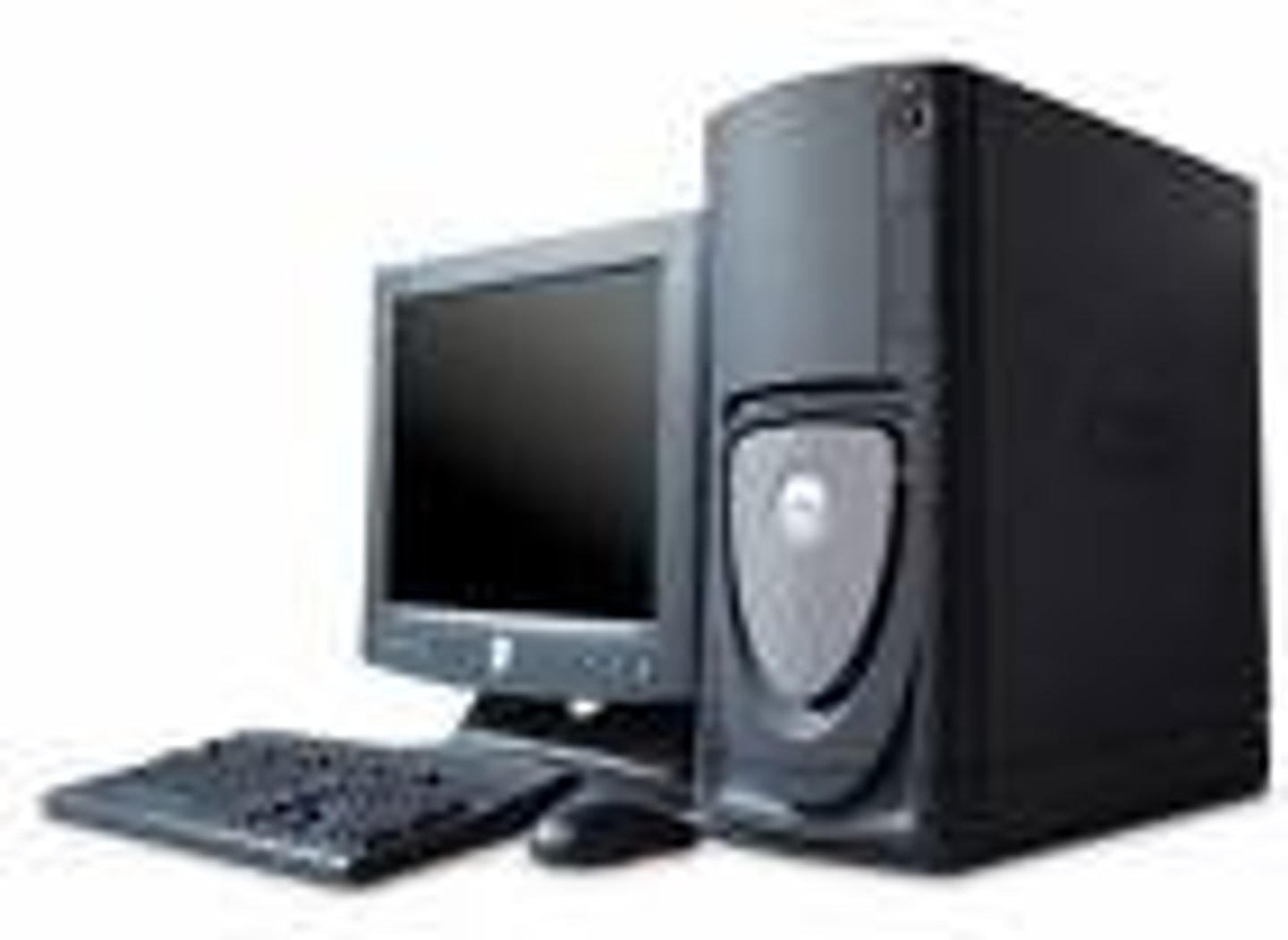
transparency in algorithms
the ability to understand and be able to explain the inner workings of the algorithm
black box algorithm
an algorithm that provides insight without clarity on how the conclusions were reached from the data input
association rule
uncovers how items are associated with eachother and reveals relationships between items in large databases
prioritization algorithm
a sorting algorithm used by businesses to organize tasks by importance
programming language
a formal system of symbols and rules used to write instructions that a computer can execute
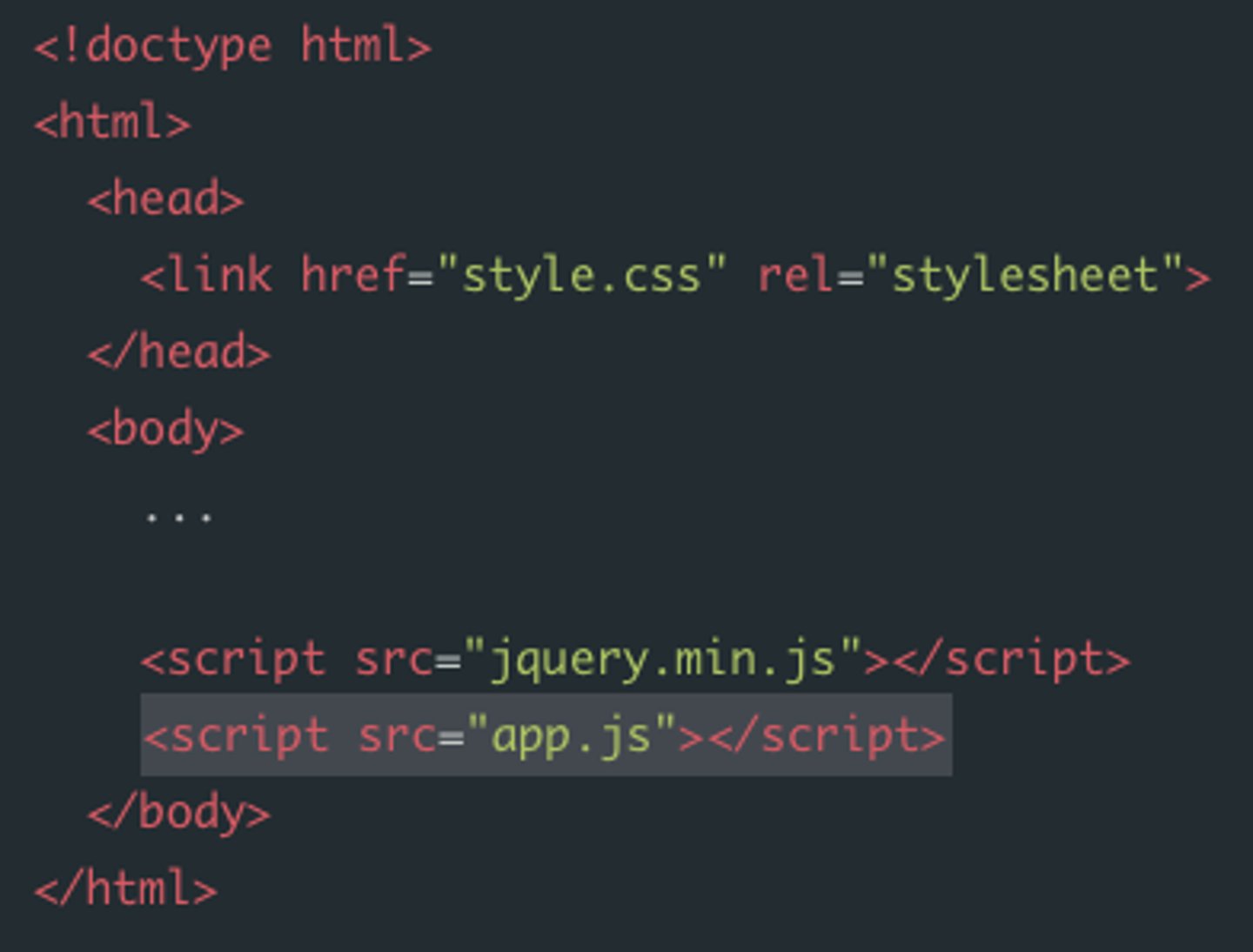
code
the translating of an algorithm into a language so that the program can be run
flowchart
a visual representation of an algorithm showing an overview from the start to the end.
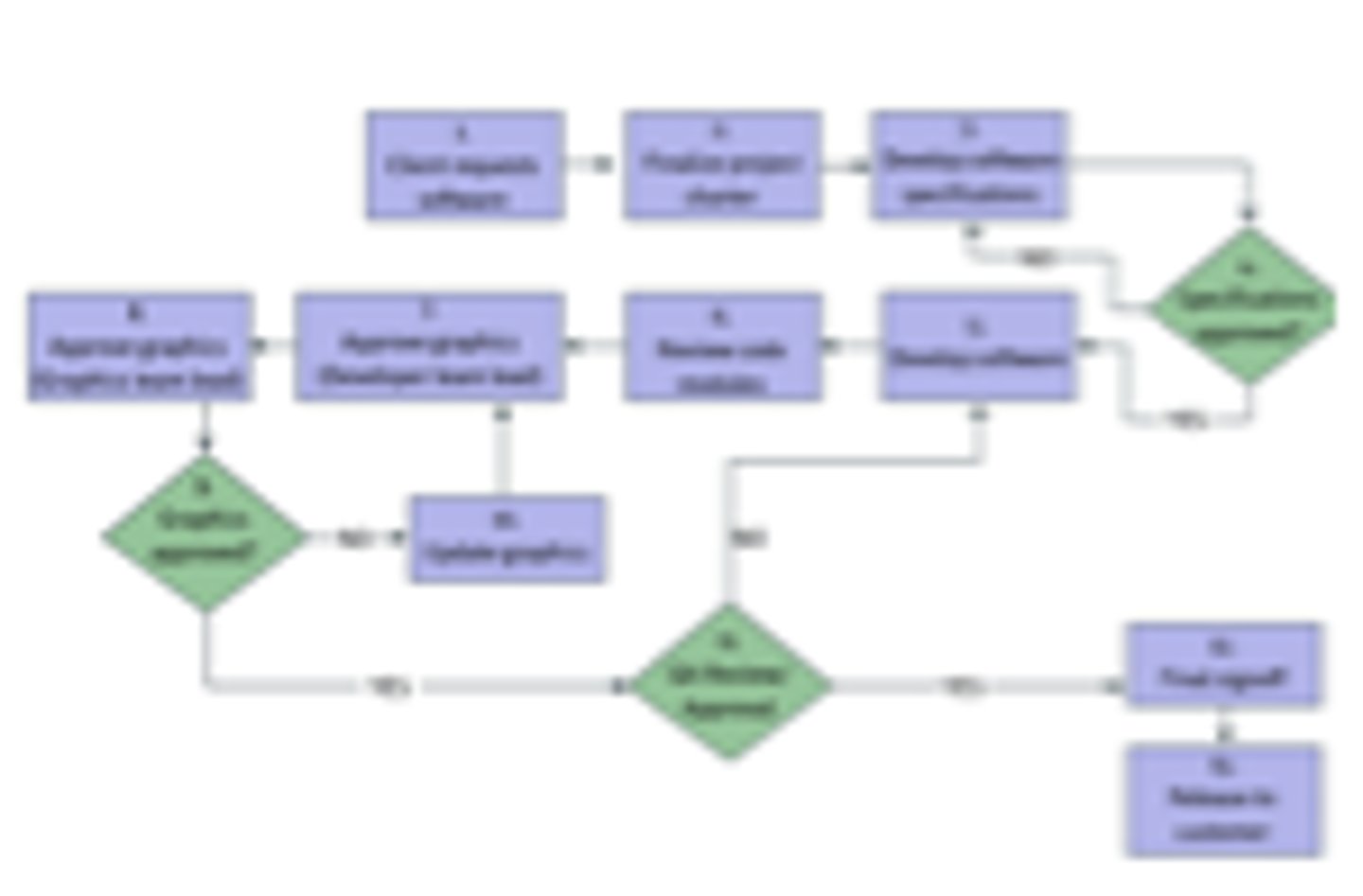
natural language
everyday language that everyone can understand
loop
allows a set of algorithm instructions to repeat when a certain condition is met
conditionals
when one of the steps in an algorithm is to make a decision or choice
variables
temporarily store values while the steps of the algorithm are being executed
feasibility
the algorithm is effective;it's possible to do with the available resources and does not have redundant, unnecessary steps.
output
data that has been transformed by the process of an algorithm
input
the data that will be transformed by the procedure of an algorithm.
algorithm
a procedure or formula for solving a problem that is based on a sequence of steps